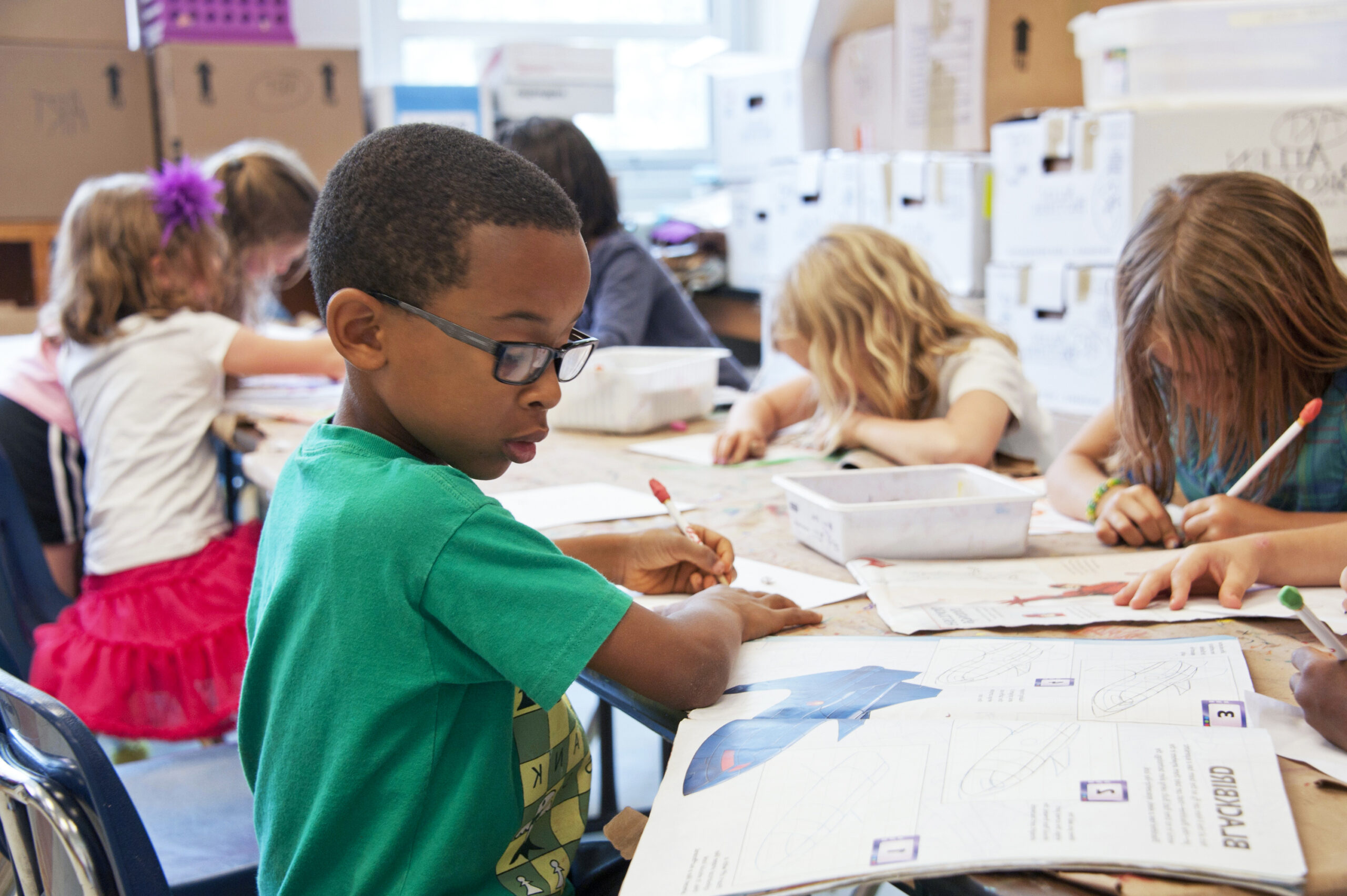Online safety, privacy, and kindness matter to kids. In both the US and the UK, the majority of kids say that they are worried about staying safe on social media apps.1 As part of our Safer Internet Day celebrations and activities, we asked kids to share their online safety tips.
1Source: Research conducted by Sherbert Research on behalf of SuperAwesome in the UK and US, n=600 August 2020

What is Safer Internet Day?
Safer Internet Day is a landmark online safety event celebrated across 170 countries worldwide. Charities, organizations, schools, and businesses connect to promote the event and share its resources and themes. Safer Internet Day is a part of our DNA at SuperAwesome, as the messaging aligns perfectly with our mission to make the internet safer for kids.
Celebrating Safer Internet Day on our kid-safe social platform
PopJam, our moderated content-sharing community for kids, is the perfect place for us to share resources, activities, tips, and quizzes about online safety. This year, we promoted Safer Internet Day’s theme of An Internet We Trust: Exploring Reliability in the Online World (designed to help kids identify and navigate fake news and inaccurate content).
As part of our celebrations on the day, the PopJam team ran several online safety workshops. Last year, we were able to visit a number of schools in person but this year, due to Covid-19, we worked with teachers to present remotely. The kids we spoke to were as engaged, interested, and eager as ever, a testament to the schools and teachers continuing to inspire even during these strange times.
Who teaches kids about online safety?
Earlier this year, we asked PopJammers who taught them about online safety. Teachers received the most mentions, followed by parents and moms. A number of kids responded “me,” which indicates that they’re teaching themselves. Although this might not sound positive at first, it’s true that kids are learning about safety and being good digital citizens across the platforms they use — from safety resources, games, and apps to real user experiences. PopJam was also mentioned by kids as a source of learning. Aside from the safe moderation and content curation rules that we have in place, we share regular safety, digital citizenship, and online well-being content.
To learn more, sign up for our PopJam Trend reports.
Kids top online safety tips
As part of our Safer Internet Day activities, we asked PopJammers to share their top online safety tips with us. They did this by creating art and posters (always a popular way to engage kids, because they love to educate each other and sharing is very important to them). Here’s what they told us:
- Don’t show your face or leak anything personal
- Keep info private. Your information is yours (password, address, school, name)
- Don’t share your passwords
- Tell an adult if someone makes you feel uncomfortable
- Never go to random website links you don’t know
- Don’t go on websites for over your age group
- Avoid phishing scams – stay away from the bait
- Block bullies
- Be kind
- Respect everyone and spread positivity

Many of the PopJammers’ Top Tips are about general safety, privacy (this goes hand in hand with safety), and kindness. Kids respond well to messages from their peers, especially when they look cool and relevant, so we’ll be sure to incorporate these tips into safety messaging across PopJam.
Safe digital spaces are essential
It’s important for kids to be taught about safety, digital citizenship, well-being, fake news, and kindness in all parts of their lives — at school, at home, and on the platforms that they love. Providing responsible, safe digital spaces for kids means not just keeping them safe, but educating them on how they can keep themselves safe across the wider digital world.
PopJam: a safe digital space purpose-built for kids
PopJam is our COPPA and GDPR-K-compliant safe-social content platform purpose-built for kids. It’s a safe, moderated community in which kids can engage with their favorite content, influencers, and brands, designed specifically for the safety and data privacy requirements of the under-13 audience.


